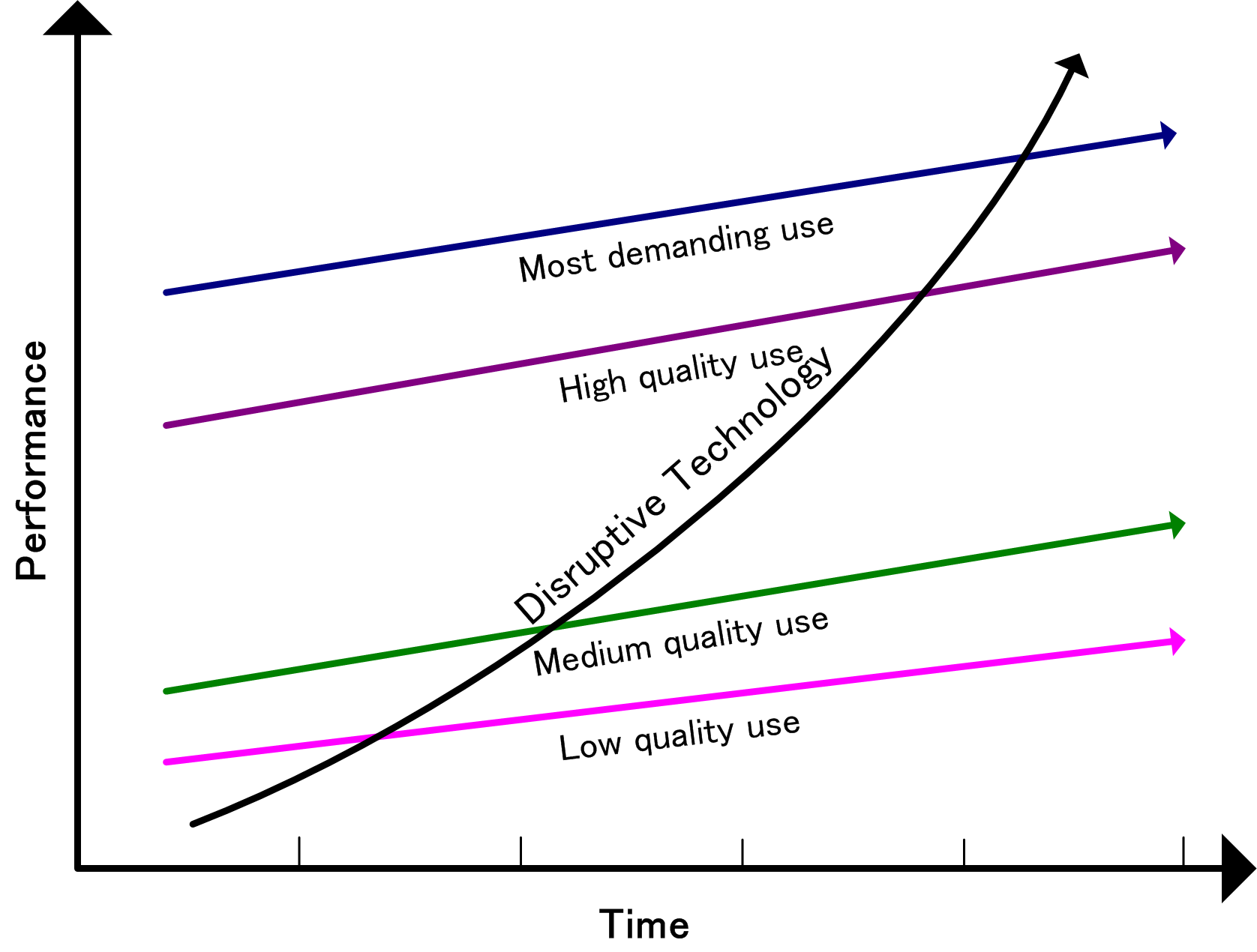It can’t have escaped most people’s notice that a candidate for the President of the United States — that male one — has just issued a veiled threat in his most recent campaign speech, apparently and obliquely inciting his followers to take violent action against his political rival, and in so doing he has engaged in what some might call an act of “stochastic terrorism”. Continue reading
The name “Democratic”
On the eve of the Democratic National Convention, which starts in Philadelphia tomorrow, Glossophilia examines the history of the party’s name, and of its mascot, which itself derives from the name of the Democratic Party’s founder. (See also Glosso’s post last week about the origins of the Republican name.) Continue reading
Poetry in Motion: Down and about in London and in Paris …
The name “Republican”
To mark the start of the Republican National Convention, which starts tomorrow in Cleveland, Ohio, Glossophilia takes a look at the origins of the name of the party formed 162 years ago, as well as its nickname, “GOP”. Continue reading
An EU primer: the European Union, its predecessors, and other Euro communities
Should they stay or should they go? This week, the British electorate will vote in a referendum deciding whether or not the United Kingdom will withdraw from the European Union. It wasn’t always called the European Union, though; some of us remember the EEC and other acronyms describing various European communities. Glosso refreshes our memories. Continue reading
Spot the curious mistake
Can you see the curious mistake* in this tag on a popular lunch bag? (And I’m not referring to the headline-case caps; you can read more about cap styling at this earlier Glosso post.)
At the risk of giving away the answer, Glosso finds it slightly strange that it looks like the error of a non-native English-speaker who is spelling phonetically a word pair (and a curious choice of words at that), and the phonetic translation only works if it’s pronounced with a British accent — but the company that produces the lunch bag is U.S.-based. Go figger.
Answers on a postcard please
* Well, Glosso assumes it’s a mistake
* * *
The singular of Mentos …
Disruptive, and its disruptive new meaning
In an article last month in the Sunday Times, Robert Lea discussed “How society learns to love ‘disruptive technologies’.” “When Amazon emerged to turn retailing on its head, when Uber landed to spell the end of cab-hailing as we know it, no one described them as “disruptive technologies”. Now everyone, apparently, is a disrupter or being disrupted. But is it, initially, obvious what a disruptive technology is?” Well that depends a bit on how well you understand the new meaning of the word disruptive, doesn’t it? Continue reading
In the news … (June 10)
TGIF: That Gerund Is Funky. In usage and grammar news this month: Trump is unaware of the hottest portmanteau of the year; a very sinister punctuation trend; Roald Dahl’s weird words get their own dictionary; a grammar mistake on a London Transport ad (can you spot it?); Texan Republicans either believe that most Texans are gay, or they just can’t string a sentence together; the name of a famous bridge has been spelled wrong for more than five decades; a comedian lands herself in trouble with a mispronunciation; and some awesome Bachelorette malapropisms. (And if you’re not sure what a portmanteau or malapropism is, check out Glosso’s earlier post here.) Continue reading
Happy Birthday, Thomas Hardy
Happy Birthday, Thomas Hardy (2 June 1840 – 11 January 1928). Here are some of his words of wisdom. Continue reading


![Thomas Nast [Public domain], via Wikimedia Commons](https://glossophilia.org/wp-content/uploads/Democraticjackass.jpg)







